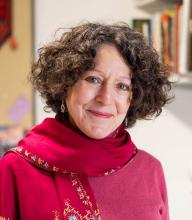
Thriving in the Tower of Babel: The Soul of the Liberal Arts
Are you confused about how to know what’s true? Or about how best to live? Or how to even approach these questions?
Franklin Environmental Center, The Orchard-Hillcrest 103
Open to the Public


